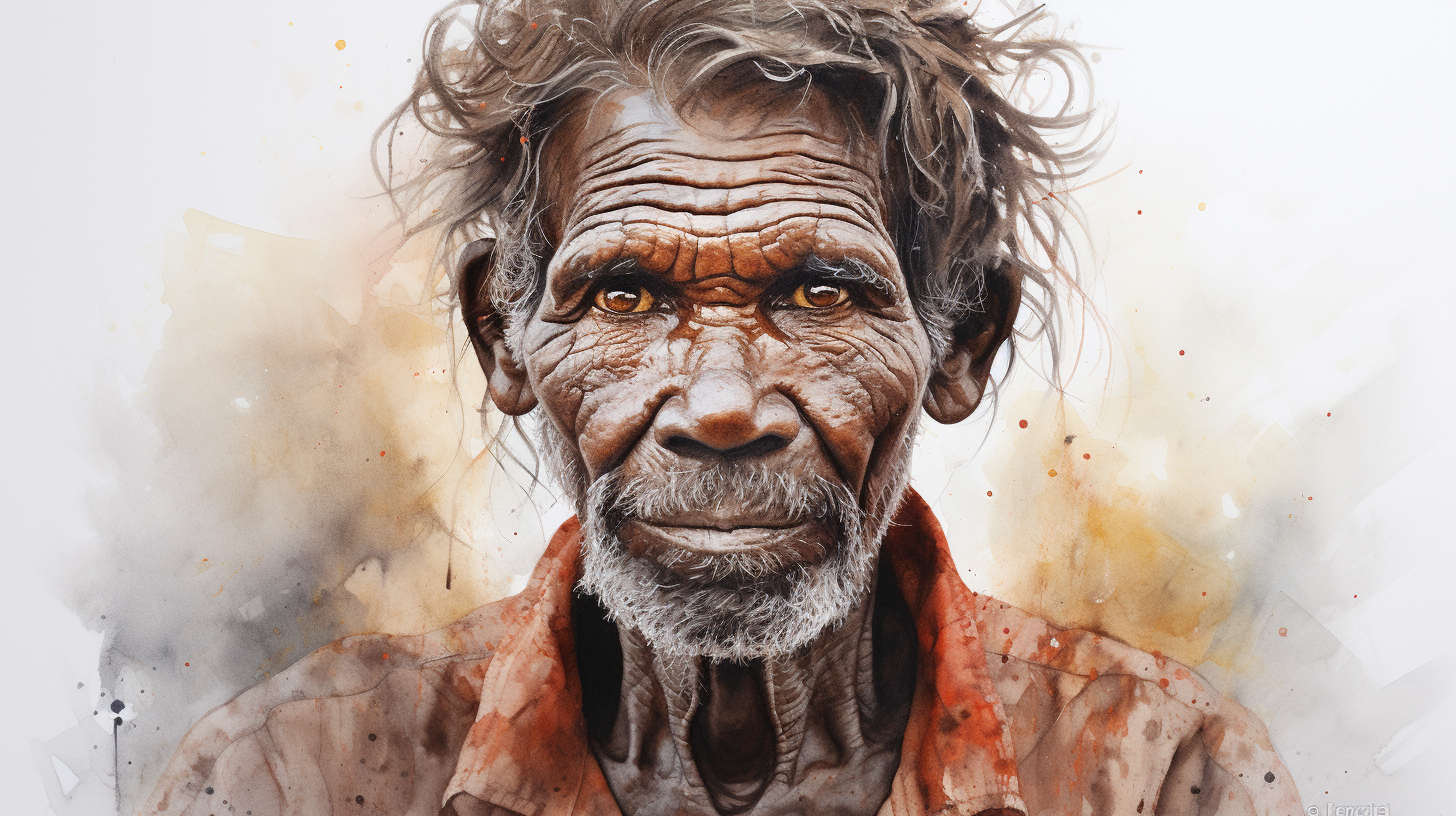Dreaming of an Aborigine: What It Means and Why It Matters
Have You Dreamt About an Aboriginal Person? Here’s What It Could Symbolise
Waking from a dream involving an Aborigine — whether a conversation, vision, or symbolic encounter — can feel deeply spiritual or mystifying. You might be wondering, “What does this mean?” or “Why would I dream about Aboriginal people I’ve never met?”
Dreams like these aren’t random. Often, they reflect something powerful stirring in your subconscious: ancestral roots, inner wisdom, connection to the earth, or a desire for deeper meaning. In this guide, we’ll explore what it might mean to dream about an Aboriginal person and how to interpret such a dream through both symbolic and personal lenses.
What Does It Mean to Dream About an Aborigine?
Dreaming of an Aboriginal person can carry profound significance. Aboriginal cultures — particularly Australian Aboriginal traditions — are among the world’s oldest continuous cultures, known for their deep spiritual connection to the land, ancestors, and Dreamtime stories.
In a dream, an Aborigine may represent:
- Ancestral guidance or spiritual insight
- A call to reconnect with nature or tradition
- Wisdom passed down through generations
- A reminder of forgotten knowledge
- The balance between the physical and the spiritual world
The meaning will largely depend on the context of the dream, how you felt during it, and your own personal associations with Aboriginal culture.
Symbolism Behind Aboriginal Figures in Dreams
🪶 1. Connection to the Earth
Aboriginal people are often seen as guardians of the land, deeply rooted in the environment. Dreaming of an Aborigine might indicate your need to reconnect with nature, slow down, or ground yourself in something real and physical. If you’ve been overwhelmed, overworked, or disconnected from your surroundings, this dream could be nudging you back to balance.
🧬 2. Ancestral Energy or Spiritual Awakening
Aboriginal figures are strongly associated with ancestral knowledge and dreamtime mythology — stories that link the past, present and future. If you dream of being guided, taught, or observed by an Aborigine, you might be receiving a spiritual message, especially if you’re going through a personal transition or searching for deeper truth.
🔥 3. Respecting Culture and Boundaries
Sometimes, dreams are mirrors of our waking thoughts. If you’ve recently learned about, visited, or discussed Aboriginal issues, your dream might be processing your feelings or awareness. Alternatively, it could be a respectful reminder to honour cultures that are not your own — to listen, not appropriate.
Common Dream Scenarios Involving Aboriginal People
| Dream Scenario | Possible Meaning |
|---|---|
| Speaking with an Aborigine | Seeking guidance or wisdom; a message from your subconscious |
| Watching an Aboriginal ceremony | You may be longing for tradition, belonging, or spiritual connection |
| Walking in the outback with Aboriginal people | Rediscovery of self; connecting with your roots or primal instincts |
| Being taught by an Aboriginal elder | A spiritual teacher may be emerging in your life, or you’re ready to learn |
| Feeling fear or confusion in the dream | Inner resistance to change or facing the unknown within yourself |
Interpreting the Dream: Questions to Ask Yourself
Not all dream symbols mean the same thing for everyone. Here are a few self-reflection questions that can help uncover your dream’s true meaning:
- Did the Aboriginal person feel familiar, or like a stranger?
- Was there a message, action, or ritual happening in the dream?
- How did the dream make you feel — calm, fearful, curious, peaceful?
- Have you recently explored topics about indigenous culture or spirituality?
- Are you craving deeper meaning or purpose in your life right now?
The clearer your emotional response, the more personalised the interpretation becomes.
Is Dreaming About Aboriginal People a Spiritual Sign?
Many people feel that dreams involving indigenous wisdom keep occurring during major life changes, such as:
- Spiritual awakenings
- Emotional healing journeys
- Shifts in identity or purpose
- Searching for personal truth or legacy
These dreams often emerge when your intuition is trying to wake you up — not literally, but emotionally or spiritually. They may be urging you to pay attention to your inner voice or explore ideas you’ve ignored.
Cultural Respect and Interpretation
While interpreting these dreams, it’s essential to maintain respect for Aboriginal cultures. These are living cultures, not archetypes or dream symbols to be reduced or romanticised.
Dreams may use the image of an Aboriginal figure not to stereotype, but to symbolise something ancient, grounded, and wise within yourself. The message is often inward-looking, about your personal journey — not about making assumptions about others’ cultures.
If the dream felt profound, you might consider exploring Aboriginal teachings or environmental philosophies through legitimate, respectful sources.
Practical Tips: Making Sense of Aboriginal Dreams
📝 Keep a Dream Journal
Write down every detail of the dream upon waking. Over time, patterns may emerge.
🧘 Practise Grounding Techniques
Since these dreams often relate to nature or earth energy, try grounding meditations or forest walks.
📖 Read Aboriginal Wisdom (Respectfully)
Books like “Dark Emu” by Bruce Pascoe offer valuable insight into Aboriginal agriculture and spirituality.
🌌 Explore Your Own Ancestry
Aboriginal dreams can also be a metaphor for your own lineage or forgotten roots — not necessarily cultural, but emotional.
Conclusion: A Dream That Calls You Back to Something Deeper
Dreaming of an Aborigine is rarely random. It’s a symbolic invitation — to reconnect, to ground yourself, or to listen to wisdom that doesn’t shout, but whispers. Whether it’s a reflection of your own inner elder, or a spiritual metaphor guiding you through change, the key is to pay attention.
You don’t need to have Aboriginal heritage for this dream to be meaningful. Sometimes, the universe uses powerful imagery to tap into universal human truths — respect, connection, belonging, and balance.
Trust what the dream evoked in you. That emotion is the real message.



